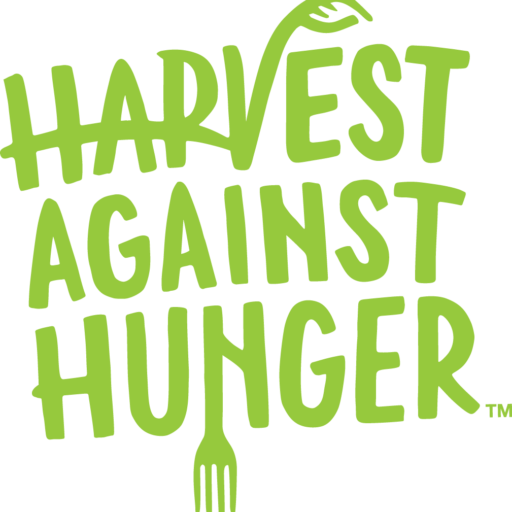How Can We Help?
Outreach
OCCAC repeated the outreach strategy of the first Harvest VISTA member. This included off-season recruitment tactics focused on agricultural association meetings, trainings, and farmers market presence. Communication by a gleaning spokesperson, in this case, the Harvest VISTA, who is knowledgeable or experienced with farming or the agricultural industry and has a personality to engage farmers is very helpful in establishing relationships that benefit a gleaning program.
Communications
By attending farmer-focused events in the off-season and planning farm visits mid-winter, connections between the Harvest VISTA and the farmer could be planted or re-established for the next growing season. Being flexible to the factors of weather and seasonality is key, as knowing when to contact a farmer about a specific crop will vary by year. For example, the growing season in Okanogan County was three weeks late on average for most crops in 2011. This delayed the gleaning events from early July to the end of July for several varieties. Keeping the gleaning coordinator “on-call” to these elements of farming helped, but can lead to problems with volunteer recruitment. For example, gleans were sporadic and lacked a consistent schedule during the summer months. Scheduling ahead of time is key. Usually this was done through weekly or monthly contacts via phone to the donors.
Appreciation
Donors are called or thanked in-person by the gleaning coordinator and host site department manager on a non-formal basis, however, a seasonal newsletter, weekly blog and regular Facebook updates tout the growers who donate produce to the food banks. A gleaning graph was also developed this year showing pounds per farmer and crops donated. The pre-season BBQ and off-season appreciation event are also used to show donors appreciation as well as our volunteers. Tying in our donors to our volunteers is a good way to achieve community connections and future sustainability.
Liability
Educating donors about their protections under the “The Emerson Good Samaritan Food Donation Act” is an essential part to establishing and maintaining good donor relations within a gleaning program. It is also an encouraged best practice to inform potential and existing donors that all volunteers have signed a liability waiver and confidentiality notice prior to any and all gleaning events. Determining donor preferences for volunteer engagement is important. Prior to a gleaning event, it is recommended to ask donors if children may glean and if so, what age range. For example, a mid-sized commercial grower preferred that no minors worked in the fields as certain regulations are currently in place within the agricultural industry. Other specific preferences requested included sign-in and sign-out sheets, hand-washing stations, restroom facilities, and a no-dogs rule. Some farms were more stringent than others. Just make sure to be aware of and track each farmer’s preferences. Rapid adaptation to changing circumstances is key to donor relations.


